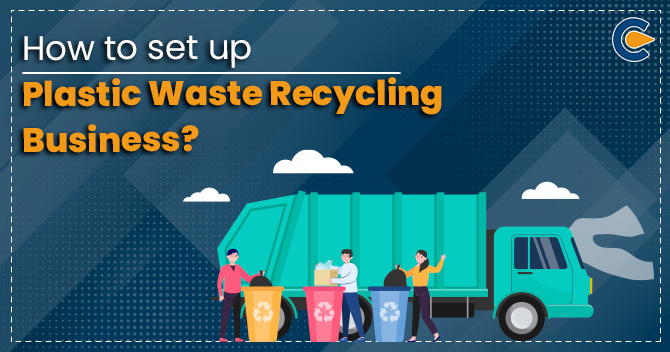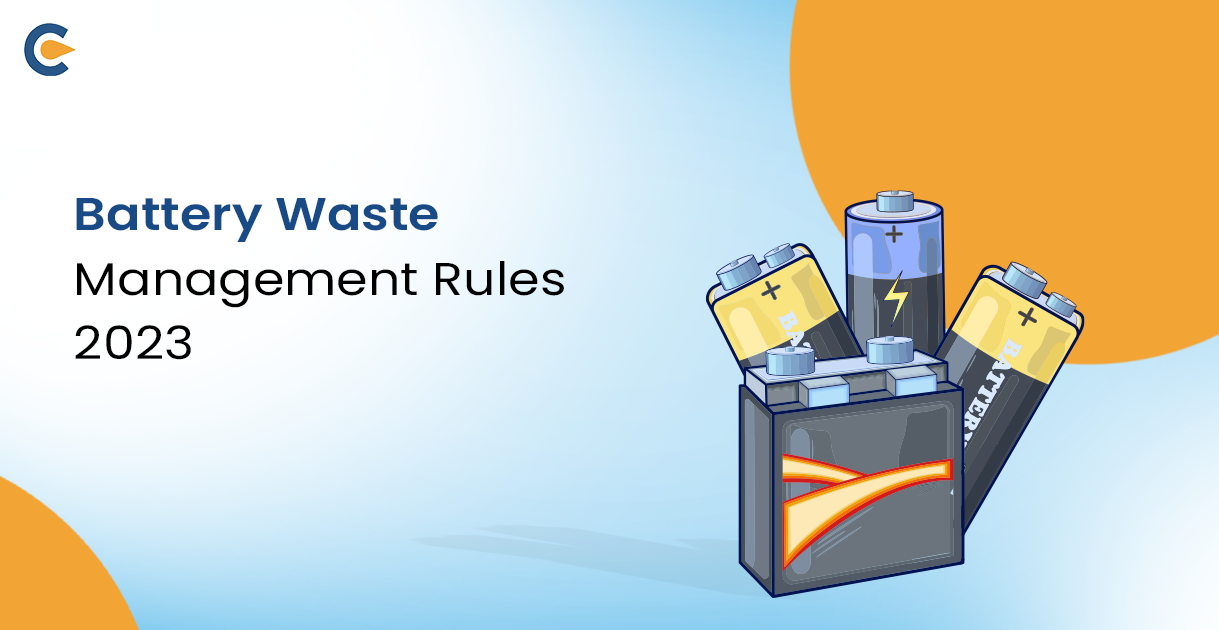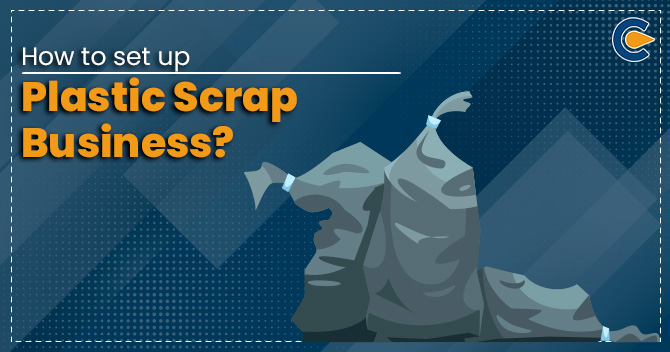Now a day’s, plastic is considered as one of the most valuable products on the market. That is present in the majority of the products we use, ranging from drinking bottles to shampoos and conditioners bottles. But with this influx of the plastic products in the market, the amount of waste produced by them is also increasing, making it very difficult for authorities like the Ministry of Environment, Forest and climate change to regulate and control.
This has, in turn, resulted in the emergence of new industries that are delegated with the responsibility of recycling plastic in return for the marginal profit. These Plastic Waste recycling businesses are proving to be very lucrative that not only contributing to cleaning up the environment but also helping in the development of the total economy of the company.
Plastic Waste
Plastic is said to be originated from the Greek term “Plastikos”, which means “fit for moulding”, referring to the material property, for example, malleability or plasticity during the production process through which it can be mould, pressed or changed into various kinds of shapes like sheets, tubes, boxes, plates and many more.
Although have been used for many decades, plastic has really seen a rise in the mid-1900s during the rise of industrialization. It is documented that around the 1950s to the 1970s, only a tiny amount of plastic was produced, due to which the world did not yet discover the evil of plastic waste. But when this small amount of usage almost tripled in size from the 1970s to 1990s, the waste started accumulating, which kept on piling even till now.
It is estimated that as if now, we are producing around 400 million tonnes of plastic waste each year, with an estimate reaching to around 1,100 million tonnes by 2050 majority of which are single-use plastic products. The central pollution control board have estimated that in India, around 26,000 tonnes of plastic waste is generated each day.
The single-use plastic includes:-
- Polyethene terephthalate (PET), which includes Water Bottles, Biscuit trays and dispensing containers.
- High-density polyethene, which includes shampoo bottles, freezer bags, ice cream containers and milk bottles
- Low-density polyethene includes containers, bags, food packaging film or trays.
- Polypropylene microwave dishes, bottle caps, single-use face masks or potato chips bags.
- Polystyrene includes cutlery, plates and cups.
- Protective Packaging and hot drink cups are included in Expanded Polystyrene (EPS)
Plastic Waste recycling Business
Plastic waste recycling is defined as the procedure that includes the conversion of the plastic scrap into a product which has a use, ultimately helping to minimize plastic waste. As per the market research report in 2018, the plastic recycling business was estimated to have a value of 41.73 billion with a growth of CAGR of 6.6%, while the projected revenue of the newly set up plastic business is calculated at a profit of 20% to 60%.
The process involves in Plastic Recycling.
Plastic waste recycling done by the Plastic Waste Recycling business includes many processes such as:-
- Collection of Waste Plastic
- Sorting of the plastic into categories
- Washing to remove impurities
- Shredding and resizing
- Identification and Separation of Plastics
- Compounding
Setting up Plastic Waste recycling machines
The basic requirements for setting up a plastic waste recycling business are:-
- The foremost requirement is the need for land and space suitable enough for setting up plastic waste recycling plants. It should be in accordance with the size of the unit, equipment and utility.
- Then within the unit, there is also a need for a closed space or a small room.
- After the issue of space/land is resolved, the recycling unit needs proper equipment or operation unit that is required to recycle plastic. These will include proper generators, machines, compressors, furniture, etc.
- At last, the knowledgeable and expert technicians and labours are also required who know how to work with recycling plastic and machines.
Steps involved in registration of plastic waste recycling business.
For setting up any industry or manufacturing unit in India, there are a lot of criteria that a producer/manufacturer is required to fulfil, which is especially true in Plastic Waste recycling units due to the sensitive nature of the process and the presence of the innumerable amount of illegal waste recycling units which have made authorities more vigilant. The registration of the plastic waste recycling business has proven to be very useful to authorities in keeping track of the activities of these recycling plants and monitoring their work.
For setting up the business, first and foremost, the recyclers are required to register under Rule 13 of Plastic Waste (Management) Rules, 2016 with State Pollution Control Board or Central Pollution Control Board following the given steps:-
- The recyclers first have to sign up on the official site of the State Pollution Control Board, creating Industry Registration ID.
- After the Industry Registration ID, the business/unit is required to register as per the category of the type of company with the required document. Types of companies are:-
- LLP governed by LLP Act, 2008
- Public Limited Company
- One person company-OPC
- Sole Partnership
- Private Limited Company
- Partnership firm
- Following this registration of the application, the recyclers are required to fill out Form II once they log in to the official site.
Form II includes information
- Recyclers’ Name and Address
- Starting date of Manufacturing facility
- Authorized person information
- Number of workers in the facility
- Consent certificate validity status
- Flow diagram of the production process
- Details of the Products and production capacity
- Amount of waste generated during the process
- Waste collection and transportation
- The authorized status of disposal units
- Occupational safety and health aspects etc.
While filing the application, the recyclers have to keep in mind the disclosure following grounds:-
- Financial Disclosure
- Top officials
- Management
- Drawing agreements with third-parties
- Time-based compliances
The recyclers also have to apply for the certificate for Consent under The Water Act and The Air (Prevention and Control) Act[1] from State Pollution Control Board. The SPCB grants two types of Consent.
- Consent to establish, also known as a No objection certificate (NOC) which, is required by recyclers when they are going to establish the industry.
- Consent to Operate is acquired by the recycler when the industry is established, and now it is ready to function.
Documents required to establish plastic waste recycling business
With Form II, the following documents are required to be submitted:-
- Proof of sale in more than two states (GST/Tax invoice)
- Certificate of Consent from Air and Water Act
- Certificate/Registration authorized by state pollution control board/Pollution Control Committee
- Agreement of Producers’/Importers/Brand Owners’ with Waste Management Act (If Applicable)
- Extended Producers’ Responsibility Action Plan.
Why is it essential to promote Plastic Waste Recycling Business?
As indicated before, with the increasing plastic waste, it is very important to reduce plastic waste and follow the 3R (Reuse, Recycle, Reduce) principle, which can only be achieved by promoting Plastic Waste Recycling Business. It is estimated that plastic recycling saves around 80% of the total energy that the production of new plastic, which help in the conservation of many natural resources involved in energy production.
Apart from the Environmental benefit, the Plastic Waste Recycling Unit also help in developing the overall market of the country by providing new employment opportunity without much capital.
Conclusion
For setting up Plastic Waste Recycling Business, following proper procedure has proven to be beneficial for not only the Central/State Pollution Control Board for keeping track of the activities of recyclers and monitoring them but also for producers’ by providing them various incentives and assistance from the government.
It is recorded that India has around 7,500 plastic recyclers, indicating the increase in general awareness among the producers and the consumers on the benefits of recycling plastic in order to have a healthy environment.
Read our Article:E Waste Auction Regulations in India: Explained











